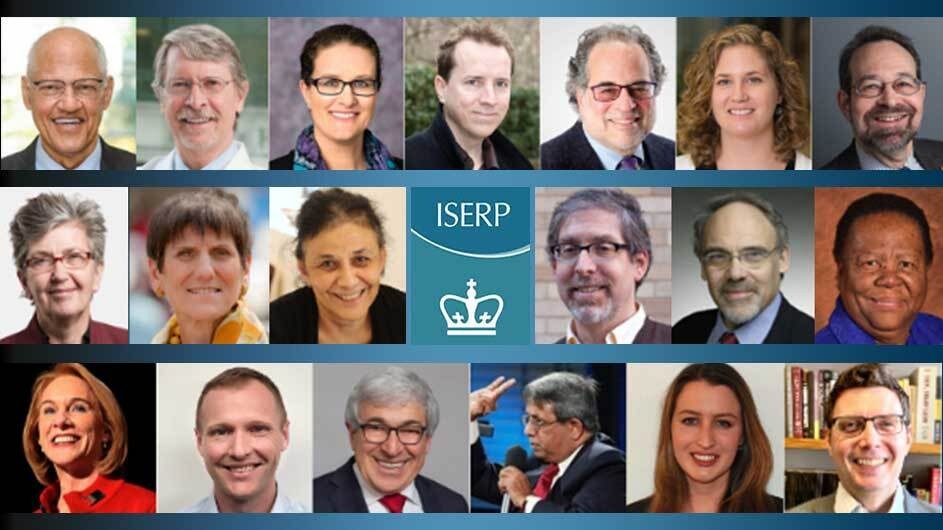Columbia’s Institute for Social and Economic Research and Policy Launches Center for Pandemic Research
Columbia’s Institute for Social and Economic Research and Policy (ISERP), under the direction of Professors Matthew Connelly and Thomas DiPrete, is launching the Center for Pandemic Research (CPR) to mobilize resources and expertise vital to the study of COVID-19. ISERP has pioneered interdisciplinary social science research since its founding in 1944.
“A lot of the most important problems arising out of the pandemic demand social science research, such as how people process public health information, and why the virus is having very different impacts on different communities,” said Connelly, who previously co-led “The History of the Next Pandemic” with Stephen Morse, an epidemiologist at the Mailman School of Public Health and one of the world’s leading authorities on emerging infectious diseases. “We created this center to rapidly identify and support the most important and innovative new research, and also enable students to participate in this vital work.”
The new center will support undergraduate and graduate student work on COVID-19-related faculty research through the 2020 Student Summer Pandemic Research Grants and pandemic-related seed grant funding, administered jointly with the Columbia Population Research Center. Some of the research studies currently underway include:
- The COVID-19 Pandemic and Anti-Chinese Sentiment on Social Media, which analyzes patterns of anti-Chinese sentiment on social media, led by Douglas Almond and Shuang Zhang.
- Pandemic Reporting, which will help journalists identify the most significant new studies and target their FOIA requests, led by Matthew Connelly, Sheila Coronel, Jennifer Hirsch, Wilmot James, and Derek Kravitz.
- Changing Perceptions and the Social and Economic Impact of Rising Anti-Asian Racism Fueled by COVID-19, which investigates how the outbreak has exacerbated anti-Asian racism and affected the labor market outcomes and social experiences of Asian Americans, led by Yao Lu and Neeraj Kaushal.
- Labor Lab, which examines COVID-19’s impact on service-sector workers, led by Suresh Naidu, Adam Reich, and Alexander Hertel-Fernandez.
To kick off this new center, ISERP is organizing a five-day online course, June 8-12, to discuss leadership and decision-making during pandemics. Led by Wilmot James, former shadow health minister of South Africa, and Lawrence Stanberry, MD, director of the programs in global health at Columbia’s Vagelos College of Physicians and Surgeons, the daily workshops will cover how to stop outbreaks from becoming pandemics and how to maximize institutional and corporate recovery in the wake of a pandemic.
“As COVID-19 burns its way across the globe, we must pause to absorb the lessons learned so that we make the necessary adjustments in how we live our lives to safeguard those we must protect,” said James. “This course, offered by highly respected authorities, is that pause.”
Participating experts include U.S. Representative Rosa DeLauro, chairs of the Labor, Health and Human Services, and Education Appropriations subcommittees; President Barack Obama’s Assistant Secretary of Defense for Nuclear, Chemical and Biological Defense Program Andrew Weber; Jennifer Nuzzo, who designed Johns Hopkins University’s COVID-19 tracker; and Columbia professors Wafaa El-Sadr, Stephen Morse, Irwin Redlener and Jeffrey Shaman with the Mailman School of Public Health. Mayor of Seattle Jenny A. Durkan, and South African Minister of International Relations and Cooperation G. Naledi Pandor will also participate, along with representatives from the World Bank and World Economic Forum. Director-General of the World Health Organization Tedros Adhanom Ghebreyesus will share his recorded message.
To register for the course, visit ISERP. All fees will support the institution’s COVID-19-related missions. Free registration for academics, journalists and employees at small non-profit organizations is available upon request.

